Projects
The Digital Trust competence center is committed to research in the fields of blockchain, cybersecurity and resilience, and governance, risk, and compliance (GRC).
Our team of experts conduct research on a diverse range of topics within these areas, exploring new ideas and developing innovative solutions to complex challenges. To give you a glimpse into our ongoing and past work, we have compiled a selection of some of our current and completed projects.
Current Projects
Digtal Trust Radar
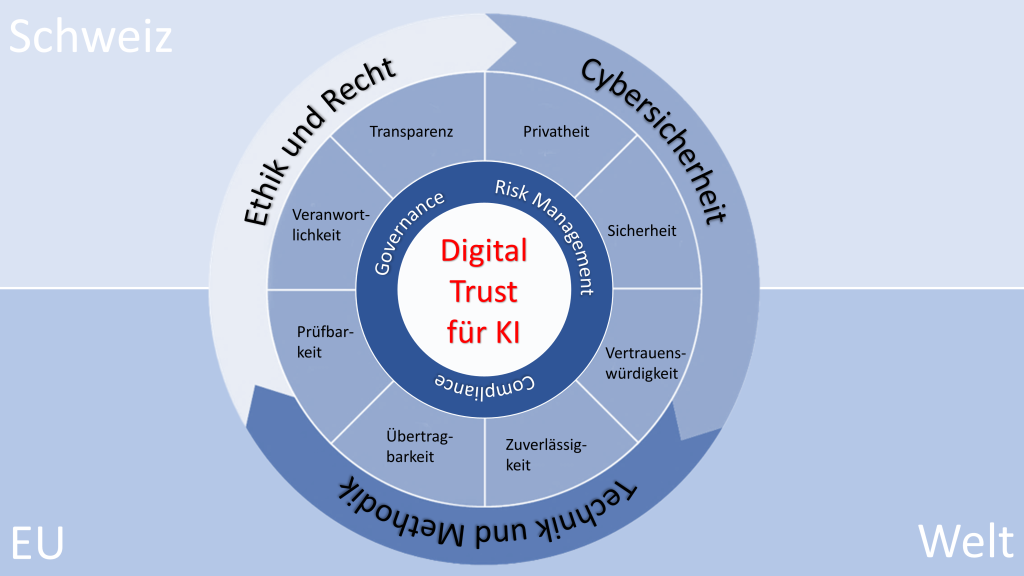
The Digital Trust Radar helps business, public administration, and society to access relevant documents via various entry points, which represent the mandatory and voluntary rules on artificial intelligence (AI). It can provide orientation and confidence for developers, operators, and users of AI-based innovations orientation and trust and thus shape innovations in a sustainable way.
Project Details
| Start | 2023 |
| Duration | 1 Year |
| Funding | Stiftung FHNW, IWI-HSW |
| Contact | Prof. Dr. Oliver Bendel |
| Partners | IWI HSW FHNW |
Albatros – Advanced systems and solutions for better practices against hazards in the aviation system
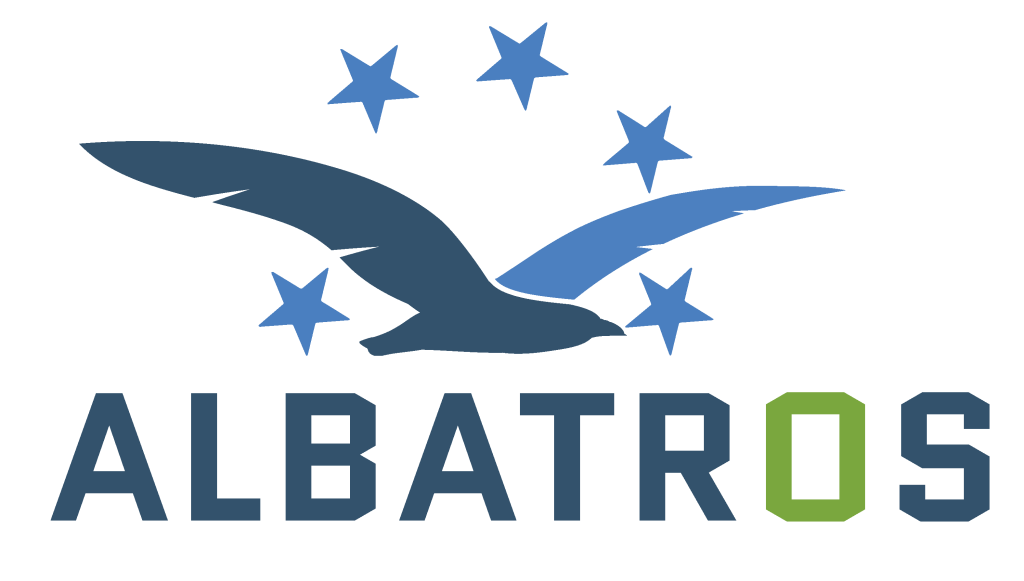
ALBATROS is a Horizon Europe-funded project whose overarching ambition is to maintain a high level of safety and resilience in aviation in view of extreme weather conditions, and expected changes brought about by the evolution of aviation systems. It especially considers new fuel and energy systems (including hydrogen) which will be integrated in the coming years into both future aircraft and airport infrastructures.
Project Details
| Start | 2022 |
| Duration | 4 Years |
| Funding | Horizon Europe |
| Contact | Christopher Scherb |
| Partners | NLR, ONERA, DLR, The Hague Airport, Deepblue, Cira, Schiphol Airport, Athens International Airport, Aeroportos de Portugal, Airbus, Pipistrel, Ferronats, Jaato, Finnish Meteorological Institute, University of Oulu, Ensosp, Somni, Agean, EASA. |
MeCys – Micro Enterprise Cybersecurity

All companies, also small non IT-based companies, have to ‘digitalize’ increasingly, thus they are facing growing risks in concern of cybersecurity and data privacy regulations. The volume, value, and sensitivity of data and digital services are increasing significantly for all businesses. However, smaller businesses are more vulnerable compared to large businesses as they are less well prepared for cyber-attacks. This is because budgets for cybersecurity are inadequate or in some cases not even listed as budget items; historically, small businesses and organisations have not been the focus of cyber-attacks, but this has changed in recent years The increased use of internet of things (IoT) and the quest for greater competitiveness has led to companies of all sizes taking advantage of the benefits of the internet; the exposure to the internet makes companies more vulnerable to cyber-attacks. As consequence to the increasing digitalization, the topic of cybersecurity is becoming increasingly important. Small companies often do not have the necessary resources available to deal with cybersecurity and address the risks in an appropriate way. Not only is the threat-awareness comparatively insufficient, also the resources – technical and human – are not available to counter risks in an adequate way. A central building block for small businesses to protect against cyber-attacks is therefore the ‘human factor’, i.e., relevant (basic) cybersecurity skills among the people working there. The partners of MECyS represent organisations that want to tackle this problem, because they want to exploit and further develop previous work in this sphere.
MECyS addresses a socio-technological problem:
- neglect of IT-lay staff in (MSEs) and other small organisations in concern of improving general cybersecurity and data privacy
- Such businesses and organisations often do not have a professionalized IT-department.
MECyS aims at following objectives:
to provide based on curricular developments training courses, training tools and materials as well as teacher trainings for cybersecurity and data privacy for IT-lay persons in working contexts of smaller companies and organisations. Thus the overall objective is the upskilling of non-IT-staff confronted with increasing requirements of digitalisation.”
Project Details
| Start | 2022 |
| Duration | 28 Months |
| Funding | Erasmus+ |
| Contact | Bettina Schneider |
| Partners | Pädagogische Hochschule Freiburg, Entrepreneurship Development Ltd., Association of Thessalian Enterprises and Industry, Centro Superior de Formacion Europa Sur |
Quantum computing meets Business – International Experimental Summer School

Quantum computing (QC) is an innovative (cutting-edge) technology and is currently receiving a lot of attention; even a new technical revolution is predicted in the media occasionally. Meanwhile, QC is so far developed that many potential fields of application are waiting for it: For example, QC-using algorithms for optimization problems in the chemical, financial, pharmaceutical, logistics, transportation and other industries are already being developed and tested. Concrete application areas include data-intensive drug trials, the simulation of complex routes, and more secure methods for encrypting digital data. Currently, however, there is a lack of educational opportunities – especially for business and information systems students, but also for students from other disciplines who are interested in one of the future application fields of QC, who want to “think outside the box”, or who simply want to expand their knowledge of a new technology that is present in the media. This is where our project wants to close a gap and make QC accessible to interested learners in a low-threshold, interactive and playful-experimental way within the framework of an interdisciplinary, cross-border learning format.
Project Details
| Start | Autmun 2023 |
| Duration | 1 Year |
| Contact | Bettina Schneider |
| Partners | DHBW Stuttgart, FHNW School of Business, FHNW School of Life Science |
IT meets OT: Technical and Regulatory Safety for Industry 4.0 Production Machine Interfaces

In modern production environments, machines and systems are increasingly being digitally connected. Most of the interfaces and protocols used in industry offer configurable security features such as various encryption or authentication features. However, these are normally only switched on or configured without considering their usefulness in terms of data security or data protection. Due to the different requirements of customers and regulators, there is no standard solution in the sense of a uniform checklist for configuring a machine connection. Especially SMEs in the industrial sector lack the specialist personnel to evaluate and implement configurations in line with requirements. The aim of this project is to develop a web-based solution including a set of rules for the effective safeguarding of industrial production machines. This involves creating a web tool for the sufficiently secure configuration of industrial machine interfaces in the context of Industry 4.0. This tool is intended to capture concrete recommendations for action depending on the respective regulatory and customer-specific requirements and provide both a minimum data protection and security-related recommendations that allow the configurator to optimize and evaluate its configuration in a complex environment. The tool is developed and validated in several cycles using real scenarios.
Project Details
| Start | 2023 |
| Duration | 2 Years |
| Contact | Bettina Schneider, Jona Karg |
| Funding | InnoSuisse |
| Partners | FHNW School of Engineering, Endress+Hauser Flowtec AG, Industrie 2025, Swissmem, asut, SwissT.net |
Swiss-Africa Cybersecurity Community: A Focus on Education, Research and Knowledge Building
The project seeks to promote cross-cultural exchange, enhance cybersecurity competencies, and facilitate research collaboration among Swiss educators, researchers, and students, in partnership with counterparts from African higher education institutions (HEIs).
We will begin with a coalition of five Swiss partners and six African universities, working together to design both the community and the online platform. Our anticipated outcomes include:
- A stakeholder map
- A sustainable, easy-to-maintain digital platform
- Workshop/exchange materials
- Research publication
- Pre- and post-survey
Project Details
| Start | 09.2024 |
| Duration | 18 Months |
| Contact | Prof. Dr. Bettina Schneider, Franka Ebob Ebai |
| Funding | Movetia (Internationale Programme) |
| Partners | Africa Blockchain Institute, Rwanda Ghana Communication Technology University, Ghana Haute Ecole Arc, Switzerland Hawassa University, Ethiopia ISACA Switzerland Chapter, Switzerland SwissLink Higher Institute of Business and Technology, Cameroon Turacos, Switzerland University of Bern, Switzerland University of Buea, Cameroon University of Ibadan, Nigeria |
Researching the cultural factors in cybersecurity and cybersecurity capacity building for Biaka University Institute of Buea (BUIB)
This project seeks to uncover the cultural factors influencing cybersecurity in a cross-continental context, specifically between Switzerland and Cameroon. The anticipated outcomes include:
- A comprehensive list of cultural factors impacting cybersecurity
- Guidelines on integrating cultural considerations into cybersecurity education
- Training workshops for stakeholders at BUIB
- A tailored cybersecurity curriculum for BUIB
Project Details
| Start | 04.2024 |
| Duration | 1 year |
| Contact | Prof. Dr. Bettina Schneider, Franka Ebob Ebai |
| Funding | Swiss TPH, Leading House Africa |
| Partners | Biaka University Institute of Buea |
Read more about the project kick-off here: FHNW and BUIB Join Forces: Cybersecurity Collaboration Takes Flight – Competence Center
Completed Projects
NetzwerkSeg – Lightweight network analytics, management and security platform
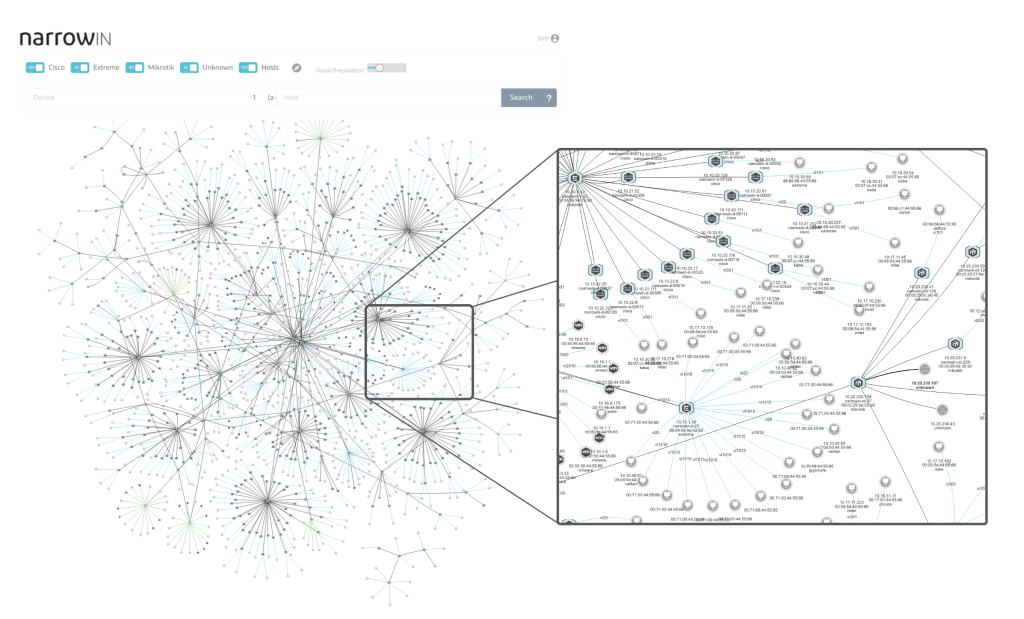
In many areas OT devices are getting more and more connected. Common examples are medical devices in hospitals and other industry control devices. These devices have in common that they often come with a low resistance against cyberattacks and are hard to patch. This calls for lightweight solutions that reduce complexity and increase efficiency by integrating network hardware, systems and data from different vendors, devices, and in different formats. This way, network devices can be efficiently managed, segmented, and the level of cybersecurity for the entire network is increased. For small enterprises like hospitals, energy producers and others it is important to develop an efficient solution which lowers the workload of network engineers and does not introduce additional costs and work.
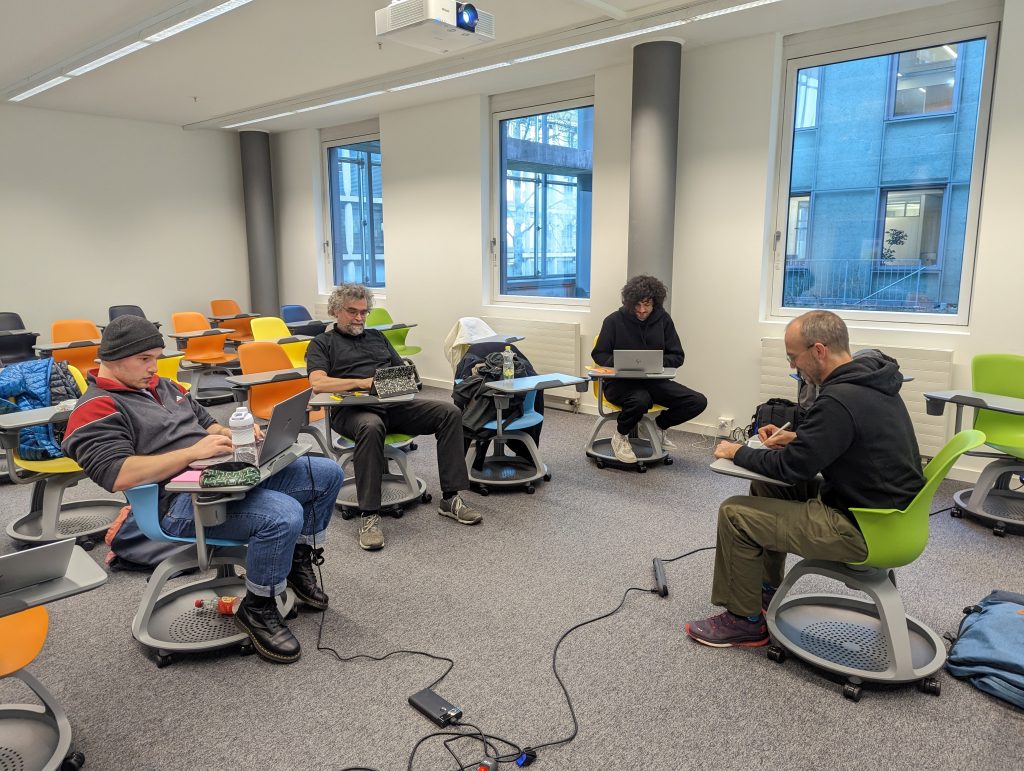
Project Details
Start | 2023 |
| Duration | 16 Months |
| Funding | InnoSuisse |
| Contact | Christopher Scherb |
| Partners | Narrowin |
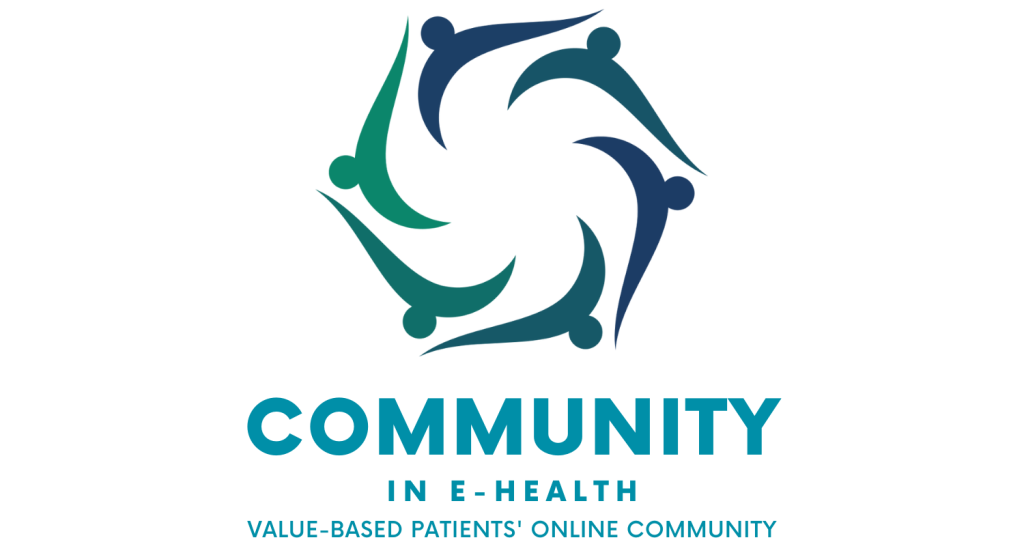
The healthcare industry is shifting toward e-health and digital communities. There is an increasing focus on patient-centered care and the importance of shared decision-making and involving patients in the management of their healthcare. As part of this transformation, patients are demanding services beyond the traditional healthcare environment, including routine concerns, personal responsibility and peer support. While the number of such online communities is growing, there is a distinct lack of communities dedicated to promoting and supporting a value-based health care approach. The Bellikon Rehabilitation Clinic recognizes this trend and wants to respond by building a medically oriented online community for amputees and severe burns. The clinic wants to give patients the opportunity to stay in touch with each other, with the experts and exchange daily information online. Since 2020 we have conducted a few feasibility studies and are still running interviews with experts from Switzerland and abroad.
These online patient community principles already exist in a form of forums, groups on social media platforms. In this project we bring together a classical understanding of an online community and an approach of value based health care.
Background
An online patient community offers substantial advantages to patients affected by specific health conditions. This exploratory study sought to identify the value for patients (value = health outcome per unit money spent) and the implications on social, and economic benefits expected of such a community for patients and healthcare experts. This study is to help both platform developers to make optimally patient-centered decisions and researchers better understand this rapidly growing phenomenon.
Questions to be answered:
- How patient’s value is perceived by patients and experts?
- How the community affects patient’s value?
- How this value can be measured?
Method
This is a qualitative study; the focus group is a group of patients with similar health conditions. In total, we collected (n=81) individual and (n=1) group interviews. However, we focus this report on two groups, one of (n=39) post-treatment patients of a clinic specializing in amputation and another of (n=13) experts from the clinic, expert from were invited to respond to a range of questions about what benefits and features they would expect the platform for an online patient community to offer.
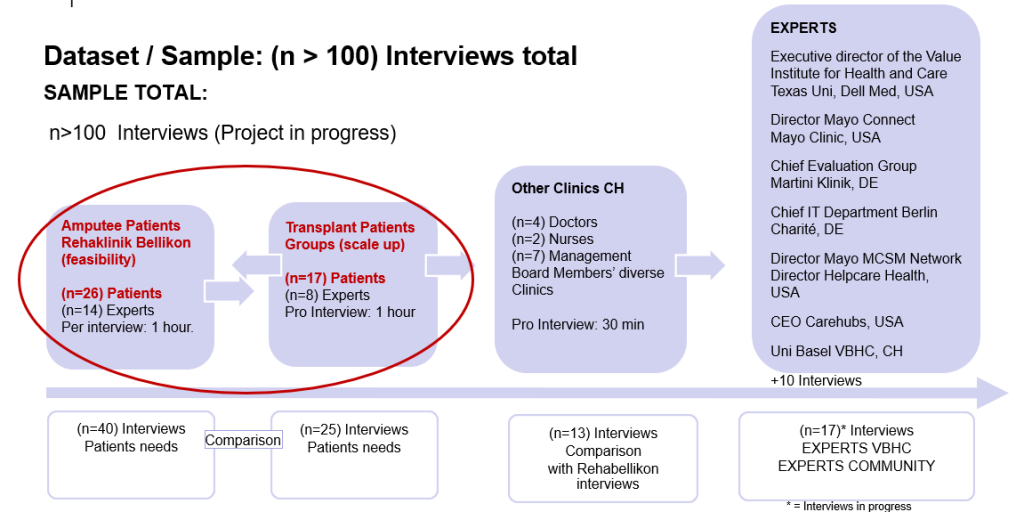
Results
Patients and experts were largely in agreement that the chief benefits of such a community included the provision of medical information around certain medical conditions and mechanisms of mutual support. The core benefits of the community would be closing the loop of the cycle of care through patient education, unified information stored in one place accessible at any time and possibility for two ways communication patients-experts; which should prevent complications and have a positive impact on patients’ mental health and motivation, as well as foster shared decision making process. However, complex medical issues cannot be substituted by the community. The form that the platform should take was also largely the subject of consensus and did not pose substantial technical challenges. However, differences in emphasis arose between the group’s responses on some topics.
Important to admit that a well-functioning community requires a mix of patients that seek information and willing to share information.

Conclusion
The implementation of a platform to support an online patient community poses few technical challenges, but it does require substantial resources, and it may entail complex strategic decisions about its organization and administration if it is to successfully retain a patient-centered focus. The community impact is beneficial for patients and clinic and can be measured over time.
Project Details
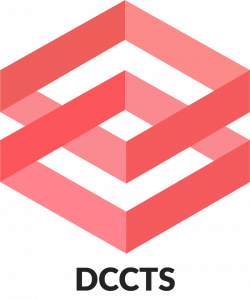
Decentralized Certificate Tracking System
The Decentralized Certificate Tracking System, DCCTS, is leveraging decentralized technologies, such as Blockchain, to facilitate tracking and coordination of the entire supply chain in the space and aerospace industry. A project initiated and carried out by 4eyes, Micos and FHNW. Supported and funded by ESA and the Swiss Space Office.
Project Details
| Start | 2022 |
| Duration | 16 Months |
| Contact | Pascal Moriggl |
| Funding | State Secretariat for Education, Research and Innovation SERI, Swiss Space Office |
| Partners | 4_eyes micos |
Blow the Whistle, Anonymously
Integrity@Inside is a web-based platform using blockchain technology for reporting misconduct within organizations. The solution
- allows for anonymous reporting
- provides anonymous communication between parties
- tracks reports and interactions on the blockchain making them immutable and traceable
- offers one view for the reporting person and one for the organization handling the reports
| Start | 2021 |
| Duration | 10 Months |
| Contact | Petra Maria Asprion |
| Funding | KBA-NotaSys Integrity Fund, Lausanne |
| Partners | – |

Easy and affordable cybersecurity solution for small businesses
Businesses are increasingly going digital. This also increases the likelihood of cyber incidents.
It’s crucial to be aware of your risks related to cybersecurity & data protection – and to take the right steps to reduce them. There are plenty of solutions available, but they don’t match the needs of small businesses that often have no IT expertise or resources to invest in costly solutions. GEIGER, an EU-funded Horizon 2020 innovation project that is now turning into a startup, aims to close this gap. The project developed a “Geiger counter” for cybersecurity, an easy-to-use and affordable cybersecurity solution small businesses. GEIGER also worked on building an ecosystem of competent individuals and organisations that offer help, by developing a standardised learning programme for ‘Security Defenders’.
| Start | 2020 |
| Duration | 30 Months |
| Contact | Petra Maria Asprion |
| Funding | Horizon 2020 research and innovation programme, European Union |
| Partners | Universiteit Leiden, Tech.eu, ATOS, Pädagogische Hochschule Freiburg, KPMG, E-Abo, Haako, Schweizerischer KMU Verband, Berufsbildungsschule Baden, Coiffure Loredana, CLUJ IT CLUSTER, DNSC, SRA, Public Tender, Kaspersky, Montimage, Braintronix |
Studie für die Hasler Stiftung zu Social Bots und ihrer Rolle bei der No-Billag-Abstimmung in der Schweiz
| Start | 2018 |
| Duration | 6 Months |
| Contact | Oliver Bendel |
| Funding | Hasler Foundation |
| Partners |
Studie für TA-SWISS zu sozialen Robotern und ihren gesellschaftlichen Auswirkungen.
| Start | 2019 |
| Duration | 26 Months |
| Contact | Oliver Bendel |
| Funding | TA-Swiss |
| Partners | – |
Studie für die Stiftung FHNW zu den Auswirkungen der Digitalisierung auf die Ausbildung an der Hochschule für Wirtschaft FHNW.
| Start | 2016 |
| Duration | 15 Months |
| Funding | FHNW Foundation |
| Partners |
Erstellung einer Gesundheitsapp, um Stress bei jungen Auszubildenden zu reduzieren und ihr Wohlbefinden zu fördern.
| Start | 2013 |
| Duration | 2 Years |
| Funding | KTI |
| Partners |
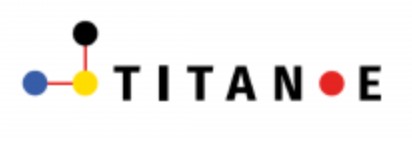

Trinational Innovation and Technology Advanced Networks of Enterprises
This project aims to bring business and science in the Upper Rhine region closer together in a cross-border context. Practically, the increase of cross-border developed economic and business models and business cooperations between SMEs shall be promoted. The potential of the already existing cross-border ecosystem, which has not yet been fully exploited, is to be fully utilized. In various actions, actors from science and business are to be encouraged to form new partnerships and tri- or binational projects. Through benchmarking measures and to identify and network potential cooperation partners on a cross-border level, initial contacts can be established, synergies recognized and common entrepreneurial interests identified.
Also in view of new challenges and the associated risks, networking and cooperation between economic and scientific actors across borders has become a necessity. Small and young companies in particular represent an important source of innovation and development. At the same time, they also need support from other SMEs or scientific institutions, as they are more vulnerable to new challenges, such as new technologies or climate change. By promoting these measures, the general aim is to accelerate the economic development of the Upper Rhine.
4th Trinational Digital Trust Days
Within the scope of this project, we have established Trinational Digital Trust event series. It’s fourth edition will take place from 26-28 April 2022, free of charge, hosted by the Digital Trust competence center, FHNW. This event targeted towards employees from small and medium-sized enterprises interested in cybersecurity, data protection, ethics, and new technologies. It is not an expert event; instead we aim to create a space for exchange, hands-on insights and discussion on how cyber risks affects the work of small and medium-sized businesses. The unique feature of the event is its trinational character, which brings together interested people from Germany, France and Switzerland.
Project Details
| Start | 2020 |
| Duration | 2.5 Years |
| Funding | Co-financed by the European Union |
| Contact | Bettina Schneider |
| Partners | Chambre de commerce et d’industrie Alsace Eurométropole, Steinbeis-Europa-Zentrum, BWCon, Hochschule Offenburg , Hochschule Karlsruhe Industrie und Handelskammer Südlicher Oberrhein Eurodistrict Strasbourg-Ortenau École Catholique d’Arts et Métiers Strasbourg-Europe Agence de développement et d’urbanisme de l’agglomération strasbourgeoise, Hochschule Furtwangen, Hightech Zentrum Aargau, Fachhochschule Nordwestschweiz , BaselArea.swiss Schweizerische Eidgenossenschaft |
| Website | https://www.interreg-oberrhein.eu/projet/titan-e-trinational-innovation-and-technology-advanced-networks-of-enterprises/ |
Collaborate with us: Explore Our Project Expertise
If you are interested in working on a project with us, we welcome the opportunity to collaborate with you. We have extensive experience with a diverse range of projects, including InnoSuisse and Europe Horizon initiatives. Our team is passionate about exploring new ideas and discovering innovative solutions to complex problems, and we are always seeking new opportunities to apply our expertise. If you would like to discuss a potential project or learn more about our capabilities, we encourage you to reach out to us.
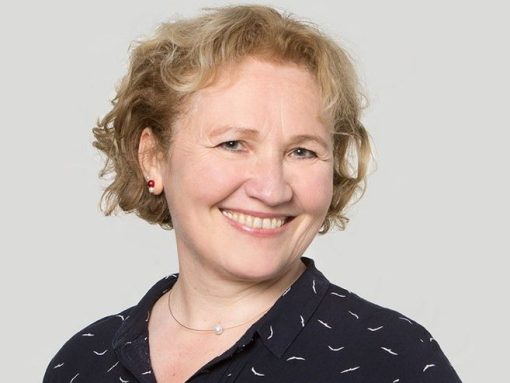
Head of Competence Center Digital Trust
Fachhochschule Nordwestschweiz FHNW
Hochschule für Wirtschaft
Peter Merian-Strasse 86
4052 Basel

Head of Competence Center Digital Trust
Fachhochschule Nordwestschweiz FHNW
Hochschule für Wirtschaft
Peter Merian-Strasse 86
4052 Basel